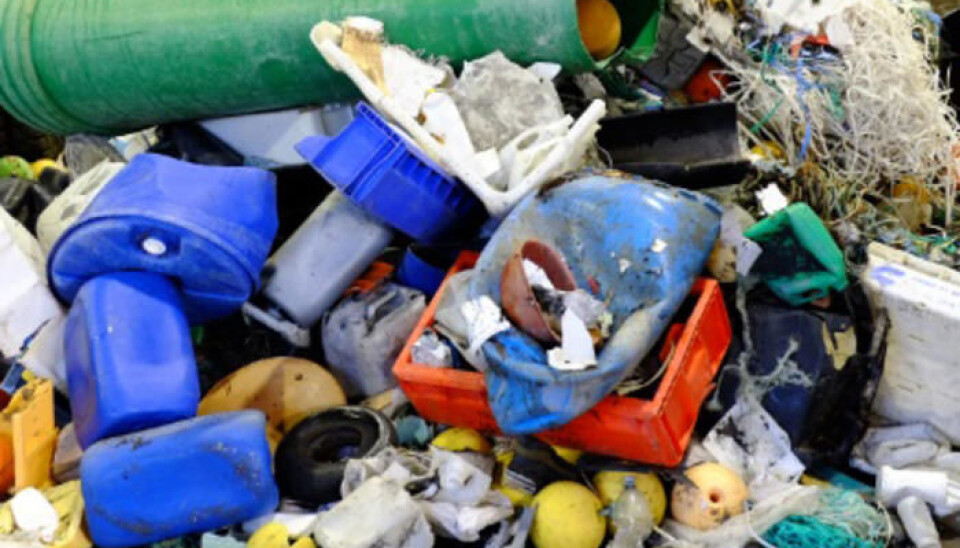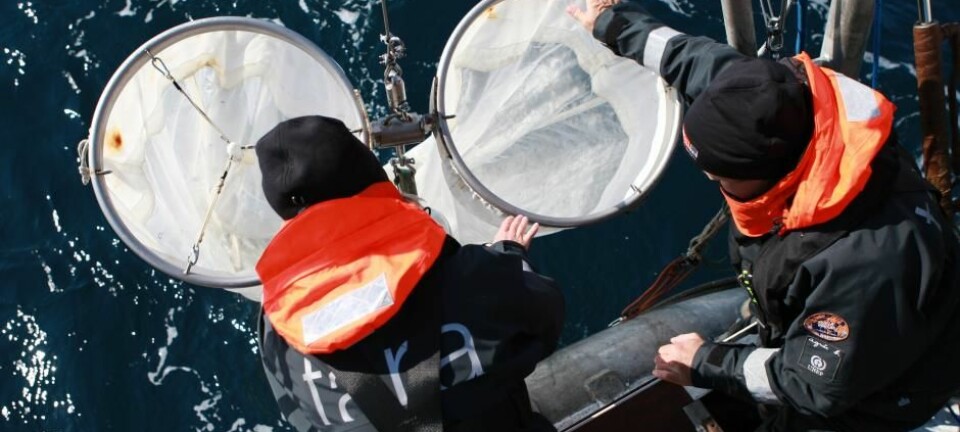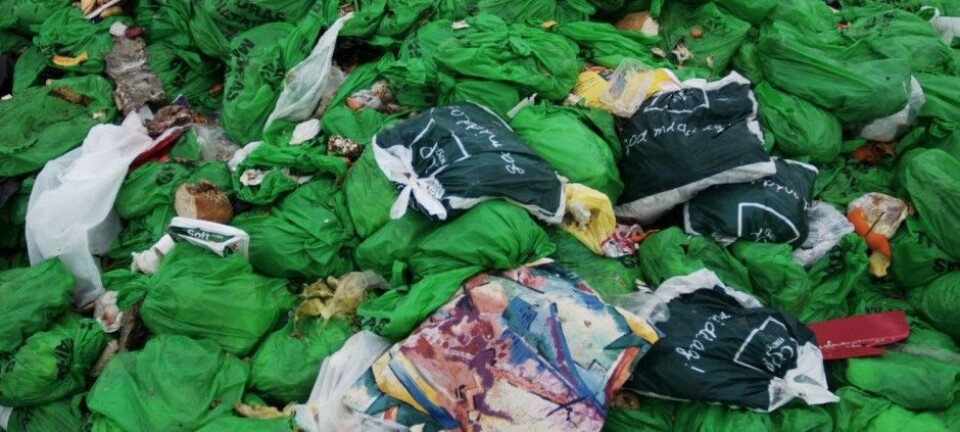
How knowledge can reduce ocean waste
OPINION: By analysing heaps of trash found at Svalbard's coasts, we can potentially reduce the amount of plastic polluting the ocean, writes researcher.
An increased focus on marine plastic pollution from environmental organisations, journalists and scientists, has contributed to more and more people being aware of the magnitude and consequences of this pollution. Reports about islands of litter, beaches covered in plastics and animals that suffer and die from getting entangled in or ingesting plastic, have contributed to this awareness.
Clean-up technologies have been suggested, from giant floating booms that utilise ocean currents to collect litter, to fine-meshed trawl nets to clean the oceans of microplastics. In addition to being very costly, it is highly uncertain if these technologies will work. Implementation of such technologies may also have a negative impact on the environment since plastic and organisms in the oceans now, unfortunately, are often closely integrated.
While it would be nice if fancy technology could save us from this environmental crisis, the most cost-effective measure to marine plastic pollution is to prevent that this waste ends up in nature in the first place.
We need to improve our knowledge on how waste management can be improved and change our current attitude to how we use and dispose of plastics.
That is why a team of fishers from Norway, Russia, Iceland and Great Britain got together and looked through beach litter collected at Svalbard by volunteers. The aim was to learn how to “read” the waste and thereby be able to say something about its origin and why it ended up at sea.
Lost or dumped?
So, what did we find out? Firstly, we concluded that without the help of experts we wouldn’t have been able to read much out of the waste. In this case the fishers were our key experts as there are few people living in this region, but a large fishery around Svalbard and adjacent areas. Fisheries related waste and waste from other marine activities is therefore dominating what is found along the beaches of Svalbard.
From the fishers we learned how we could tell if fishing equipment had been lost or dumped, they could also tell us what items belong under deck and therefore could not have been washed overboard in bad weather.
We learned that a trawl net was valuable and efforts are therefore made to avoid losses. Our Icelandic fisheries expert told us that they had reduced the loss of trawl nets significantly by changing the way they operate the trawl. They could also tell that the bundles of strapping bans that we find along the coast are likely dumped as these are used under deck, for example to strap boxes of fish together. What was more difficult to say, was the origin of the fishing equipment that was found, as this is traded internationally and is used on vessels of different nationalities.
Household trash
But there was not only fishing related litter in the pile of waste we looked through. Large amounts of household packaging tells us that a variety of actors contribute to the waste that is found. Due to the large size of some of this packaging, it is likely that some of this comes from larger vessels. While we found a number of packages of Norwegian origin, such as ketchup and mustard bottles, a large number of nationalities were represented in the waste.
This underlines the importance of international cooperation in reducing the amount of waste that enters our oceans. Ocean currents bring litter across large distances, and some of the litter that ended up as data for a bunch of scientists at Svalbard are likely to originate further south. How much of the litter that is transported long versus short distances, however, is something we still don’t know.
Through the research project Marine plastic pollution in the Arctic we are going to keep filling the pieces of the puzzle of why litter ends up in our oceans. Our next step is to conduct interviews and distribute surveys among Norwegian and Russian fishers in the region to find out what measures we can implement to improve waste management and reduce marine littering. And while you wait for the results you can be a part of the solution today: reduce the amount of waste you produce, recycle and pick up litter that you find on your way!
































